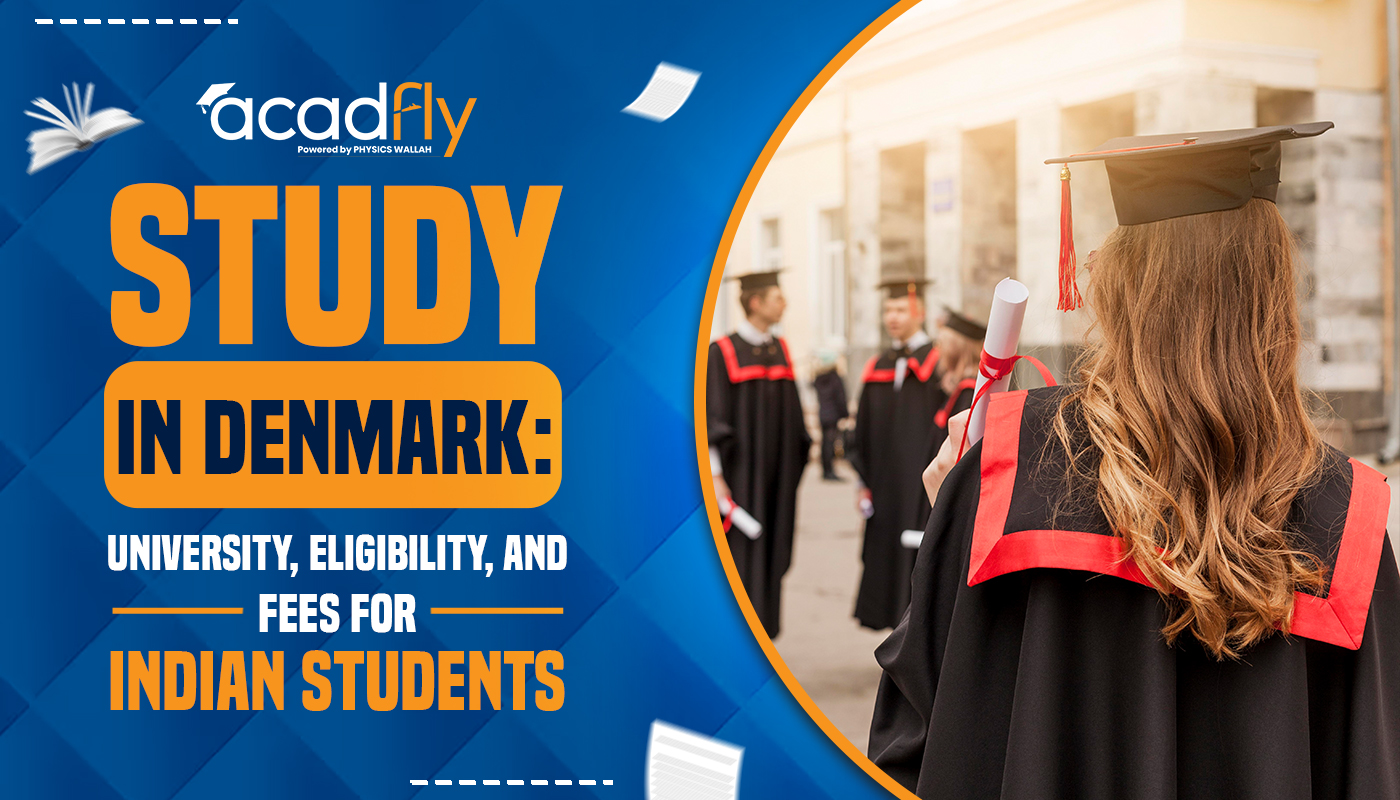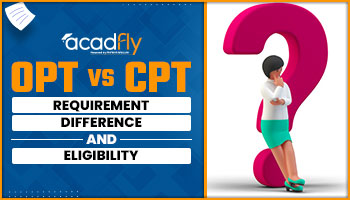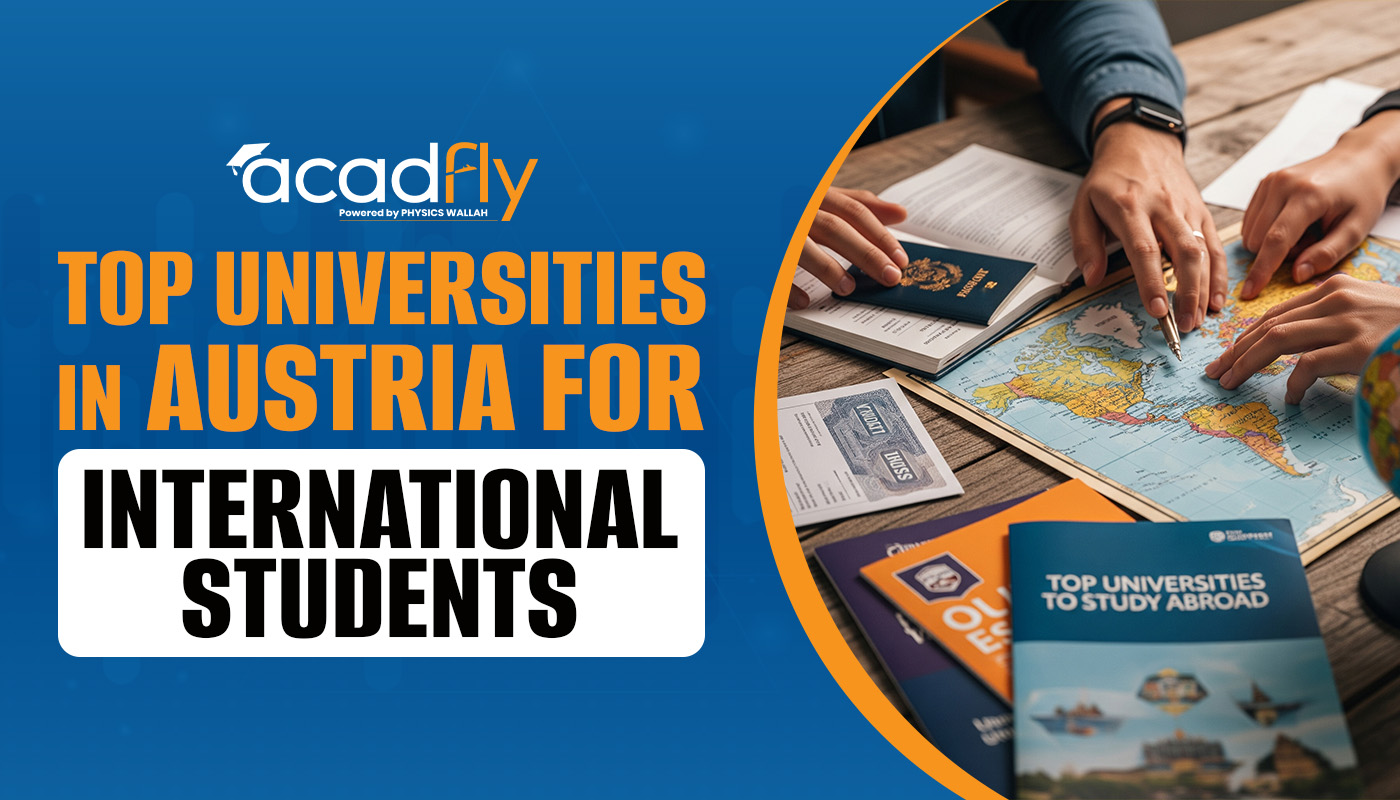

Study in Denmark: University, Eligibility, and Fees for Indian Students
Denmark, renowned for its high quality of life, progressive society, and innovative education system, has emerged as an attractive destination for international students seeking to pursue their higher education abroad. With world-class universities, a strong emphasis on research and innovation, and a vibrant cultural scene, Denmark offers a unique and enriching academic experience. In this comprehensive guide, we explore the intricacies of studying in Denmark for Indian students, including universities, eligibility criteria, and tuition fees.

Studying in Denmark: An Overview
Denmark's education system is characterized by its focus on student-centered learning, interdisciplinary approaches, and collaboration between academia and industry. The country is home to several internationally renowned universities and institutions offering a wide range of programs at undergraduate, postgraduate, and doctoral levels. Whether you're interested in the humanities, social sciences, engineering, business, or any other field, you're likely to find a program that suits your interests and aspirations in Denmark.
University Education in Denmark
Denmark boasts a diverse array of universities and higher education institutions, each offering unique academic programs and research opportunities. Some of the top universities in Denmark known for their academic excellence, research output, and student support services include:
-
University of Copenhagen: As the oldest and largest university in Denmark, the University of Copenhagen is renowned for its comprehensive range of programs across various disciplines, including humanities, natural sciences, social sciences, and health sciences.
-
Technical University of Denmark (DTU): Specializing in engineering, technology, and natural sciences, DTU is internationally recognized for its cutting-edge research, state-of-the-art facilities, and strong industry partnerships.
-
Aarhus University: With a strong focus on interdisciplinary research and collaboration, Aarhus University offers a wide range of programs in arts, humanities, social sciences, natural sciences, and health sciences.
-
Copenhagen Business School (CBS): As one of the leading business schools in Europe, CBS offers a diverse range of programs in business, economics, management, and related fields, attracting students from around the globe.
-
Aalborg University: Known for its problem-based learning approach and focus on research-based teaching, Aalborg University offers programs in engineering, natural sciences, social sciences, humanities, and health sciences.
Eligibility Criteria for Indian Students
Indian students interested in studying in Denmark must meet certain eligibility criteria to gain admission to universities and higher education institutions. While specific requirements may vary depending on the university and program of study, some common eligibility criteria include:
-
Academic Qualifications: Indian students applying for undergraduate programs typically need to have completed their secondary education (equivalent to Danish gymnasium) with good grades. For master's programs, a bachelor's degree from a recognized institution is required.
-
Language Proficiency: Since many programs in Denmark are taught in Danish or English, proficiency in one or both of these languages may be necessary for admission. Indian students applying to programs taught in Danish may need to demonstrate proficiency through language tests such as the Study Test in Danish as a Second Language (Studieprøven i dansk som andetsprog). For programs taught in English, proficiency in English, as demonstrated through tests like IELTS or TOEFL, may be required.
-
Visa Requirements: Indian students intending to study in Denmark for more than three months must apply for a residence permit for higher education. This typically requires proof of acceptance into a recognized educational institution, sufficient financial means to support oneself, and comprehensive health insurance coverage.
-
Financial Resources: To obtain a residence permit for higher education in Denmark, Indian students must demonstrate that they have the financial means to cover tuition fees, living expenses, and other associated costs during their stay in Denmark. This may involve providing bank statements or sponsorship letters as proof of financial stability.
Study in Denmark Cost and Tuition Fees
One of the key considerations for Indian students planning to study in Denmark is the cost of education. While tuition fees for Danish and EU/EEA students are often subsidized by the government, non-EU/EEA international students, including those from India, are typically required to pay tuition fees. However, tuition fees for international students in Denmark are generally lower compared to other popular study destinations such as the United States or the United Kingdom.
On average, tuition fees for international students in Denmark range from DKK 45,000 to DKK 120,000 per year for undergraduate programs and DKK 45,000 to DKK 160,000 per year for master's programs. Doctoral programs may have lower tuition fees or may even be tuition-free in some cases.
In addition to tuition fees, Indian students should also consider living expenses such as accommodation, food, transportation, health insurance, and miscellaneous expenses. The cost of living in Denmark can vary depending on the city or region, with larger cities like Copenhagen generally being more expensive than smaller towns.
Conclusion
Studying in Denmark offers Indian students a unique opportunity to experience academic excellence, cultural diversity, and personal growth in a welcoming and innovative environment. With world-class universities, interdisciplinary programs, and research opportunities, Denmark provides a conducive setting for pursuing higher education and preparing for future career endeavors. By understanding the university options, eligibility criteria, tuition fees, and cost of living, Indian students can make informed decisions and embark on a rewarding educational journey in Denmark.
FAQs
1. How much does it cost to study in Denmark for Indian students?
-
Tuition fees for Indian students studying in Denmark vary depending on the university, program of study, and level of education. On average, undergraduate programs can cost between DKK 45,000 to DKK 120,000 per year, while master's programs range from DKK 45,000 to DKK 160,000 per year. Additionally, students should consider living expenses such as accommodation, food, transportation, and health insurance.
2. Are there scholarships available for Indian students to study in Denmark?
-
Yes, there are scholarship opportunities available for Indian students to study in Denmark. These scholarships may be offered by the Danish government, universities, or private organizations. Indian students are encouraged to research and apply for scholarships that align with their academic achievements and financial needs.
3. What are the language requirements for Indian students studying in Denmark?
-
While many programs in Denmark are taught in English, proficiency in the English language is typically required for admission. Indian students may need to demonstrate English language proficiency through tests such as IELTS or TOEFL. For programs taught in Danish, proficiency in Danish may be required, and students may need to pass language tests such as the Study Test in Danish as a Second Language (Studieprøven i dansk som andetsprog).
4. What are the visa requirements for Indian students studying in Denmark?
-
Indian students intending to study in Denmark for more than three months must apply for a residence permit for higher education. The visa application process typically requires proof of acceptance into a recognized educational institution, sufficient financial means to support oneself, and comprehensive health insurance coverage. Students should apply for their visa well in advance of their intended departure date.
5. Can Indian students work while studying in Denmark?
-
Yes, Indian students studying in Denmark are allowed to work part-time while pursuing their studies. However, there are restrictions on the number of hours students can work per week, typically up to 20 hours during the academic year and full-time during scheduled breaks. Working part-time can help students gain valuable work experience and supplement their income.
Frequently Asked Questions









